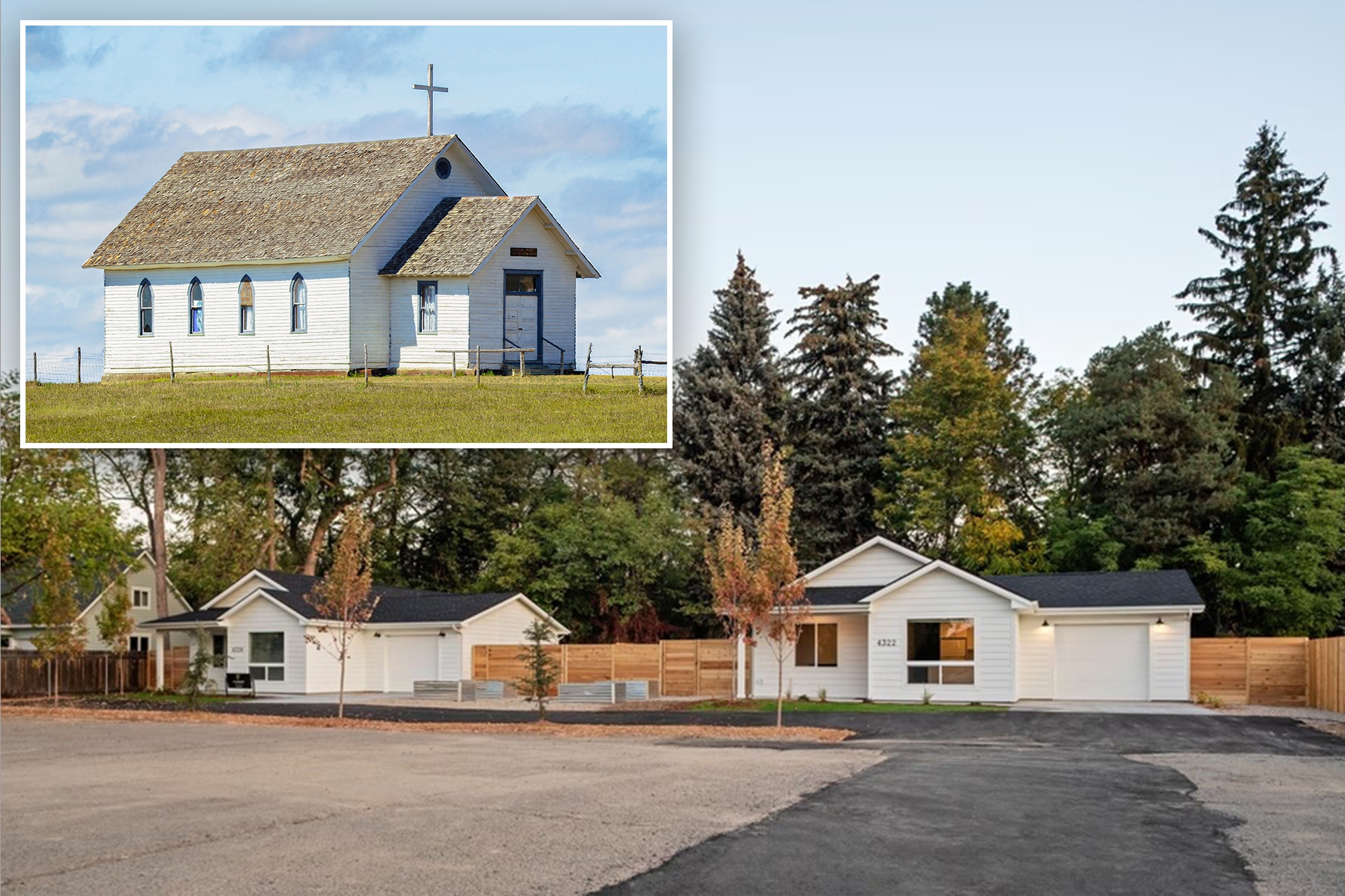W
hat if America’s housing crisis could begin in a church parking lot?
Senator Mark Warner’s Yes in God’s Backyard (YIGBY) Act proposes exactly that. The bill would give faith‑based groups and universities federal grants and technical help to build affordable homes on land they already own.
Warner told Realtor.com® that churches and colleges are “deeply embedded in our towns and cities” and often hold underused property that could become housing. “Outdated zoning rules and local red tape keep them from doing so,” he said. The YIGBY Act would remove some of those barriers and provide funding for projects that serve low‑income renters, veterans, and families at risk of homelessness. The urgency is clear: the National Alliance to End Homelessness reports an 18% rise in homelessness in 2024, the largest jump in years, driven by worsening affordability.
The idea is not new. California passed a similar law in 2023, and local YIGBY initiatives have already turned parking lots into homes in places like Boise, Idaho. LEAP Housing, founded by YIGBY advocate Bart Cochran, converted a Boise lot into two family‑sized homes with rents 50% below market. The success shows that faith communities can turn compassion into concrete housing when they have the right tools.
The YIGBY Act would provide federal grants for feasibility studies, site planning, permitting, and construction. It also earmarks $50 million per year to incentivize local governments to modernize restrictive zoning that blocks projects—such as minimum lot sizes, use restrictions, or community opposition. Warner argues that “outdated zoning rules have stood in the way of creative solutions to our housing shortage” and that a national conversation is needed.
Why the bill could attract bipartisan support:
* Housing affordability is a non‑partisan problem affecting every state.
* Progressives see it as a way to increase affordable housing with community oversight.
* Fiscal conservatives view it as a low‑cost, high‑leverage solution that leverages existing institutions rather than creating new bureaucracy.
The YIGBY Act builds on decades of local momentum and offers a proven model. In California, over half of developable land owned by faith‑based organizations lies in “high” and “highest” opportunity areas—neighborhoods with the best economic, educational, and health outcomes. In San Francisco, 98% of developable land is near high‑quality transit, yet much remains undeveloped because it is owned by churches or universities.
With federal support, these institutions could expand housing options, strengthen neighborhoods, and give more people a chance to afford a home. The bill’s potential impact is significant: the U.S. faces an estimated shortage of nearly 4 million homes, and a federal YIGBY Act could unlock new housing options across every state, especially where land is scarce and prices are rising.
In short, the YIGBY Act would:
1. Grant funds and technical assistance to faith‑based and higher‑education institutions for affordable housing on their own land.
2. Provide $50 million annually to help local governments update restrictive zoning.
3. Enable projects that serve low‑income renters, veterans, and families at risk of homelessness.
By turning unused church parking lots and campus grounds into affordable homes, the YIGBY Act could turn the nation’s deepening housing crisis into a community‑driven solution.













